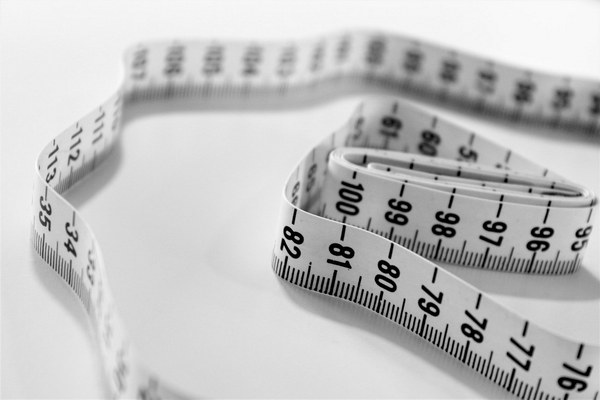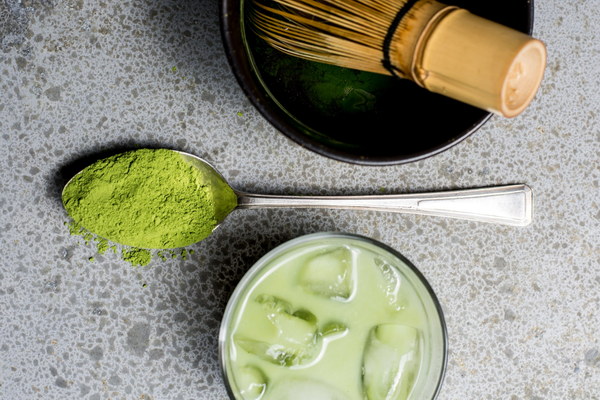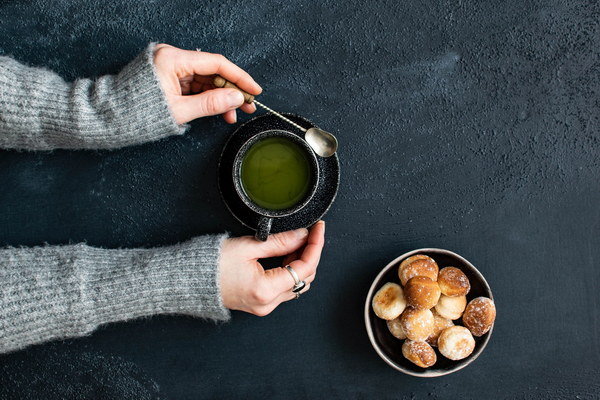Embracing Holistic Health The Power of NonMedical Practices for Body and Mind
In an era dominated by quick fixes and easy solutions, the concept of not relying on medication to maintain physical health has gained significant attention. The idea of nurturing the body through holistic practices, rather than solely relying on pharmaceuticals, has become increasingly popular. This article delves into the importance of embracing non-medical practices for a healthier body and mind.
Firstly, it is crucial to understand the limitations of medication. While drugs can be life-saving in certain situations, they also come with potential side effects and risks. Over-reliance on medication can lead to a weakened immune system, dependency, and the development of drug-resistant bacteria. By adopting non-medical practices, individuals can minimize these risks and promote long-term health.
One of the most effective non-medical practices is regular exercise. Physical activity has numerous benefits for the body and mind. It strengthens the cardiovascular system, improves muscle tone, enhances flexibility, and boosts mental well-being. Engaging in activities such as walking, jogging, swimming, or yoga can help individuals maintain a healthy weight, reduce the risk of chronic diseases, and improve overall quality of life.
In addition to exercise, a balanced diet plays a vital role in maintaining physical health. By focusing on whole foods, individuals can provide their bodies with the necessary nutrients to function optimally. Incorporating a variety of fruits, vegetables, lean proteins, whole grains, and healthy fats into one's diet can prevent deficiencies and promote overall health. Furthermore, staying hydrated by drinking plenty of water is essential for maintaining proper bodily functions.

Another important aspect of non-medical practices is stress management. Chronic stress can lead to various health issues, including cardiovascular disease, diabetes, and mental health disorders. Techniques such as meditation, deep breathing exercises, and mindfulness can help individuals manage stress levels effectively. By incorporating these practices into daily routines, individuals can improve their mental and emotional well-being, leading to a healthier body.
Furthermore, adequate sleep is crucial for overall health. Sleep plays a vital role in physical recovery, cognitive function, and emotional regulation. Prioritizing sleep and establishing a consistent sleep schedule can help individuals achieve better health outcomes. Creating a conducive sleep environment, limiting exposure to electronic devices before bedtime, and engaging in relaxing activities can improve the quality of sleep.
In addition to physical health, mental well-being is equally important. Engaging in activities that promote mental health, such as hobbies, socializing, and self-reflection, can help individuals maintain a positive outlook on life. Seeking support from friends, family, or professionals when needed is also crucial in addressing mental health concerns.
It is worth noting that while non-medical practices can significantly contribute to overall health, they should not replace professional medical advice or treatment. Individuals should consult healthcare providers before making any significant changes to their lifestyle or treatment plans.
In conclusion, embracing non-medical practices for maintaining physical health is a powerful way to nurture the body and mind. By incorporating regular exercise, a balanced diet, stress management techniques, adequate sleep, and mental well-being practices into daily routines, individuals can reduce the reliance on medication and promote long-term health. Remember, the key to a healthy life lies in a holistic approach that balances physical, mental, and emotional well-being.









